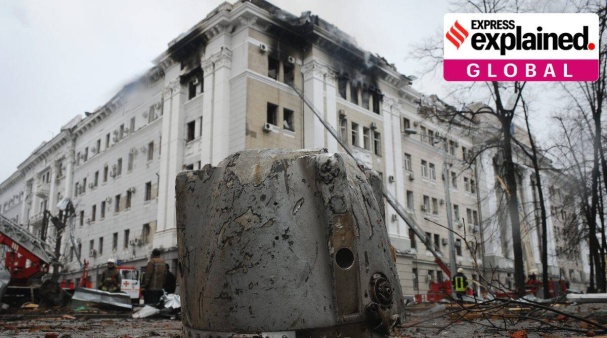Free Courses Sale ends Soon, Get It Now


Free Courses Sale ends Soon, Get It Now



Copyright infringement is not intended
Context: The International Criminal Court has announced that it will open an investigation into possible war crimes committed by Russia in Ukraine.
War crimes:
War Crimes in India:
War crimes committed in India after independence:
Law Related to War Crimes in India:
Conclusion:
https://indianexpress.com/article/explained/explained-what-constitutes-a-war-crime/
© 2024 iasgyan. All right reserved